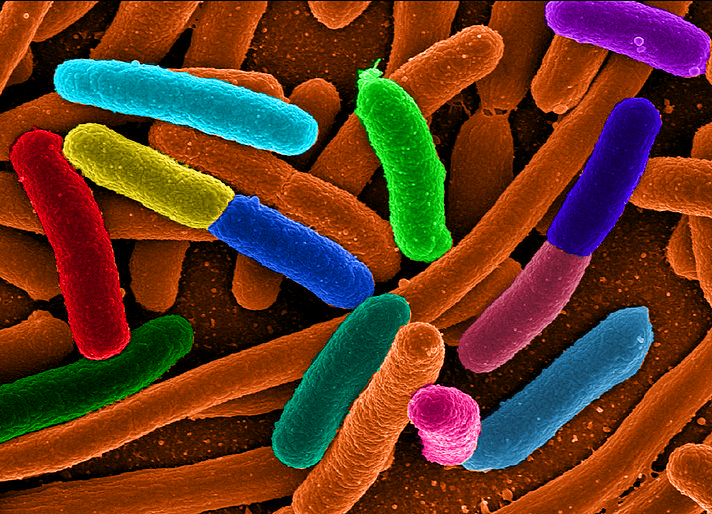Understanding the Microbiome: 3 Questions with Yemi Adesokan
In honor of the upcoming Health Data Month, we will be profiling different, exciting sources of health data now through the month of October. In the spotlight this week is the microbiome. While the Human Microbiome Project was launched in 2008, right now we are seeing a blossoming of new ideas and companies in the space.
Pathogenica, a next-gen sequencing company for pathogen detection and disease surveillance based in Boston, and Quantified Self (QS), a community of gung-ho self-trackers, are working together to gain insights from DNA sequencing analysis of the microbiome. The QS community is suggesting what samples to collect, crowdsourcing the experiment’s design. Pathogenica will then profile 100 microbiomes based on the experiment designed by the QS community to see what conclusions can be drawn through sequencing analysis. We asked Pathogenica’s CEO, Yemi Adesokan, a few questions about the microbiome and the project.
What is the microbiome?
In each person, mircrobiome is made up of the unique collection of microorganisms (non-human cells like bacteria, fungi, algae) in their bodies; and there are different microbiomes that exist on different parts of the body (i.e. skin, nose, mouth, gut). In humans, microorganisms outnumber human cells 10 – 1, there are trillions of microorganisms in the human body that peacefully co-exist. Studies are showing the microbiome to have a direct effect on physiology, tying a pathogenic genotype to a human phenotype.
Why is this new area of science so exciting?
Only very recently have we had the technology to make these types of discoveries. Studies of the human microbiome are revealing new possibilities. Where once it was thought that all attempts should be to free the body of bacteria, there is new evidence that our bodies co-exist with trillions of bacteria cells and managing that collection of bacteria could be the answer to managing disease in the human body.
What do Pathogenica and QS hope to learn from this project?
We are in an exploration phase. The scientific community is seeking to find out what we can learn from this new area of science focused on microbiome. Like genome sequencing, we hope to find many useful ways to use this knowledge. At this point, we want to be able to make some conclusion that demonstrates there could be something to learn about common life choices (i.e. diet, exercise, habits, environment) and their effect on the microbiome. The QS community is the perfect group of constituents to help – as we are also demonstrating that this is not just in the realm of expensive medical research anymore, this is something the community can be very involved in.
Learn more on the Quantified Self website and this recent article in the Economist.
